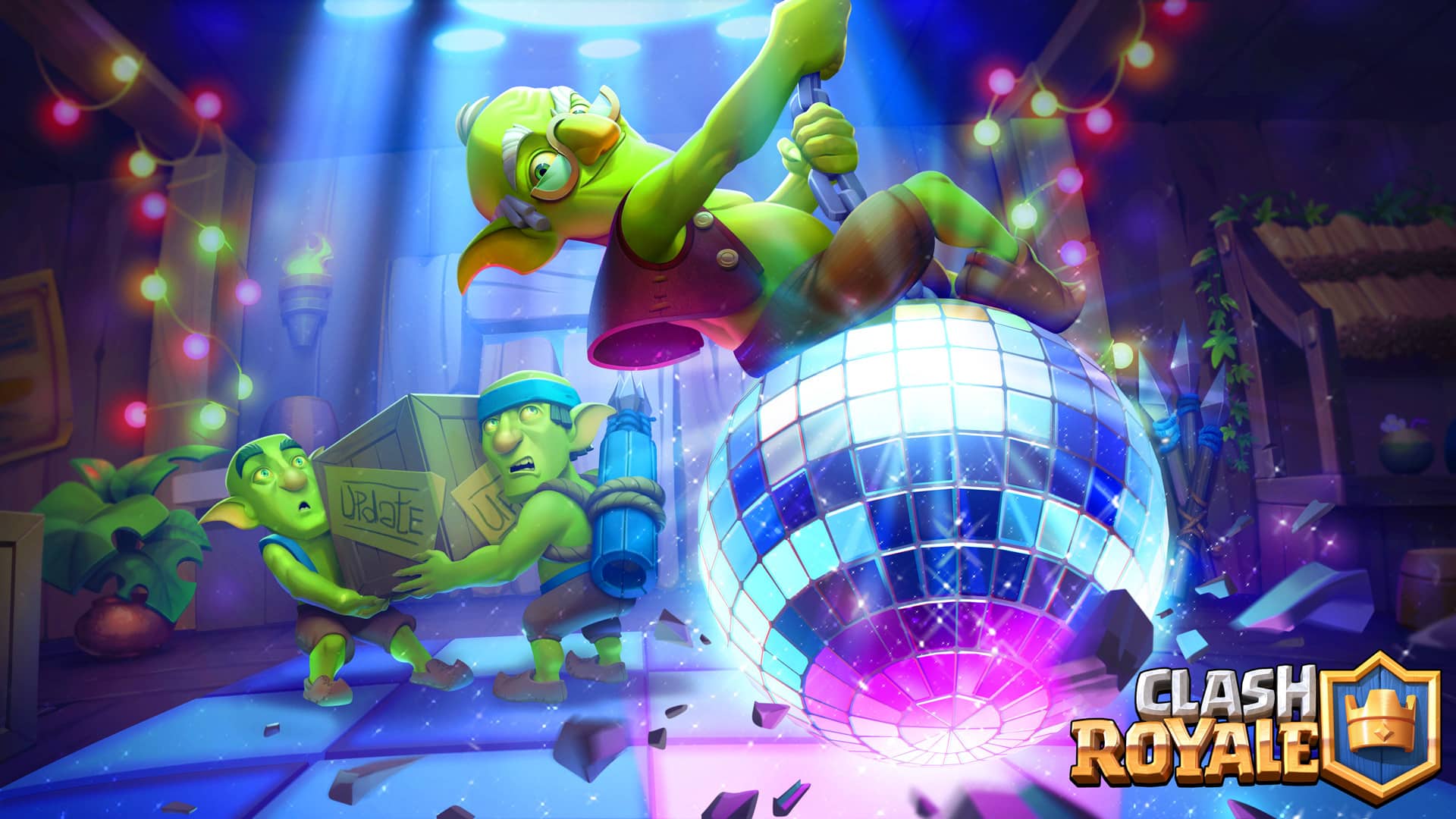
Discussion about Clash Royale, the widely played mobile game set in a captivating fantasy realm filled with clever characters and intricate card tactics, has been quite intense among its enthusiasts recently. A debate ignited when a user on a well-known discussion platform criticized how the company’s focus on financial gain appears to overshadow the artistic aspects of the game. This criticism sparked a flurry of comments from players expressing their agreement or skepticism, leading to an intense examination of where the boundary lies between generating revenue and valuing the game’s innate creativity.
Summary
- Players feel that the creative potential in Clash Royale is being compromised by decisions that prioritize profit over artistic expression.
- Many commenters suggested that the development team is not entirely responsible for the game’s monetization strategies, pointing fingers instead at corporate higher-ups.
- Despite frustrations with monetization practices, players acknowledged positive updates and features that enhance gameplay, demonstrating a mixed sentiment toward the game’s evolution.
- The ongoing discussions reflect a broader concern within the gaming community regarding how business practices affect player experience and developer creativity.
Art vs. Profit: The Tug of War
The main topic of discussion revolves around the idea that although Clash Royale boasts impressive graphics and entertaining gameplay, it’s been negatively impacted by the aggressive monetization strategies from the company’s financial sector. One person even said, “Don’t blame the developers, blame the higher-ups,” indicating a viewpoint that while creative ideas matter, the actual decisions are made by corporate executives who are not directly involved in game development. This perspective is echoed by many players, who express sympathy for the developers and believe they’re working hard under corporate limitations. Ultimately, no one wants a game that turns into just a cash grab—a scenario that leaves both players and developers feeling dissatisfied.
The Developer’s Dilemma
It appears that the general opinion portrays developers as unsung heroes, balancing creative freedom against commercial pressures. One participant points out, “The development team puts in a lot of effort to ensure the game functions and adapts to the constraints imposed by upper management.” This implies that many players acknowledge the tireless work involved in game creation, even when the results may not always meet player expectations. A thought-provoking question arises: How can a dev team preserve creativity and enthusiasm while grappling with concerns about profitability? As enthusiasts of the game, we yearn for novelty, fresh mechanics, and immersive storytelling, but these aspirations frequently conflict with the economic realities of a cutthroat gaming industry.
Balancing Player Experience and Monetization
Players have pointed out some minor enhancements in the gameplay, suggesting they’re not just enduring exploitative tactics, but rather experiencing an evolving game that keeps them hooked. For example, one player praised, “I appreciate no longer having to wait for chests like before,” showcasing improvements made in resource management. It seems that while monetization can occasionally feel oppressive, players are still actively participating in Clash Royale and discovering fresh elements. However, the mix of excitement about novel features and annoyance with monetization leads to a wide range of opinions among players. This intricate balance creates a challenging environment for players, who yearn for a long-term solution that doesn’t detract from their gaming experience.
Community Impact and Feedback Loops
It’s fascinating to see how the feelings within a gaming community can echo back to game developers, creating a continuous loop of feedback. Players today understand the significance of expressing their thoughts, as demonstrated by the numerous conversations happening on platforms specifically designed for game feedback. One user insightfully noted that “much of the art is produced outside of Supercell,” sparking questions about whether outsourcing creative aspects has weakened the game’s unique identity. Nonetheless, this initiates a conversation about how the gaming community can influence future updates. Many players recognize that constructive criticism could lead to valuable improvements—potentially enhancing the overall gaming experience and fostering more creativity in the long term.
Essentially, these discussions reveal a common sentiment among many gamers – they adore Clash Royale yet are concerned about questionable monetization tactics that could spoil the enchantment of the game. The dilemma of balancing profits with authenticity remains a pressing issue as developers strive to innovate. As fans express their feelings and expectations for their beloved characters’ clashes, they will likely continue to share their thoughts on what makes the game enjoyable and fair.
In the ongoing exchange of thoughts and feelings about Clash Royale, it’s evident that the delicate blend of commercial tactics and heartfelt development will persist as a topic of interest. Players are not only financially involved but also emotionally committed to the game, which fuels the ongoing dialogue. Regardless of where this adventure leads, one constant can be trusted—the clash of thoughts will persist, igniting both laughter and in-depth discussions about the future direction of this cherished game.
Read More
- Clash Royale Best Boss Bandit Champion decks
- Mobile Legends: Bang Bang (MLBB) Sora Guide: Best Build, Emblem and Gameplay Tips
- Vampire’s Fall 2 redeem codes and how to use them (June 2025)
- Best Hero Card Decks in Clash Royale
- Best Arena 9 Decks in Clast Royale
- Dawn Watch: Survival gift codes and how to use them (October 2025)
- Clash Royale Furnace Evolution best decks guide
- Clash Royale Witch Evolution best decks guide
- ATHENA: Blood Twins Hero Tier List
- Wuthering Waves Mornye Build Guide
2025-06-10 00:31